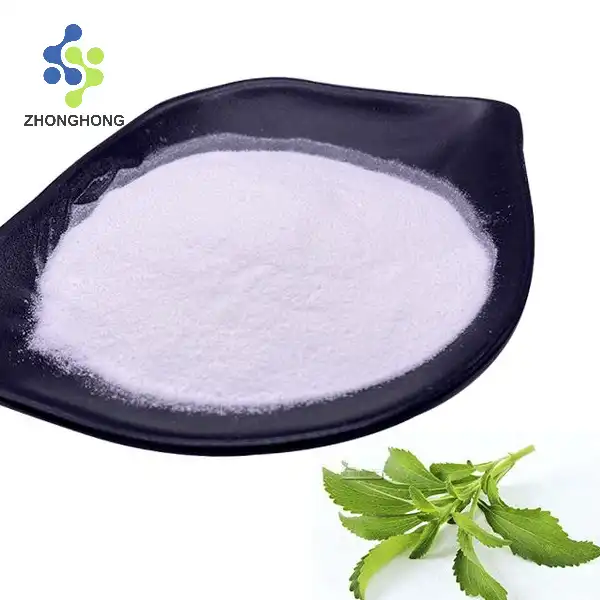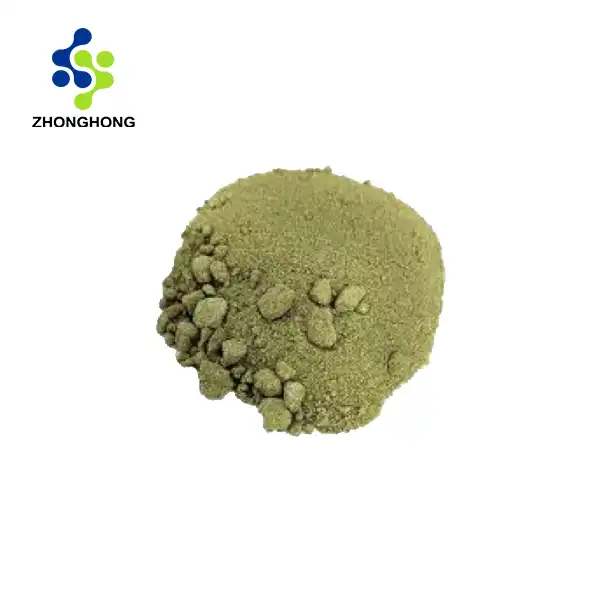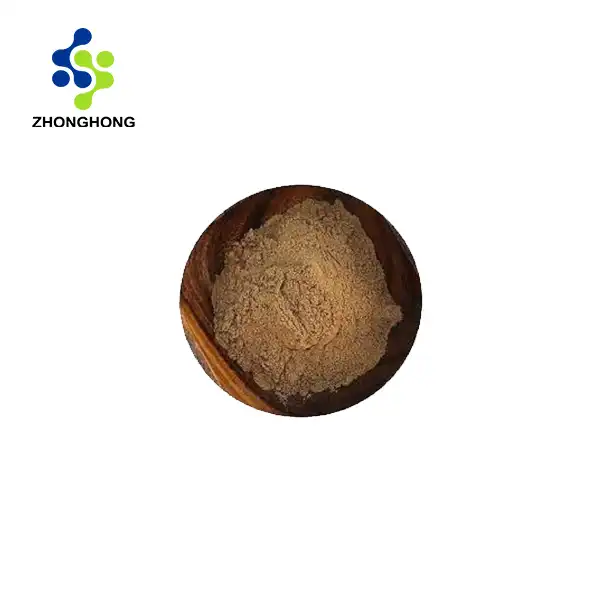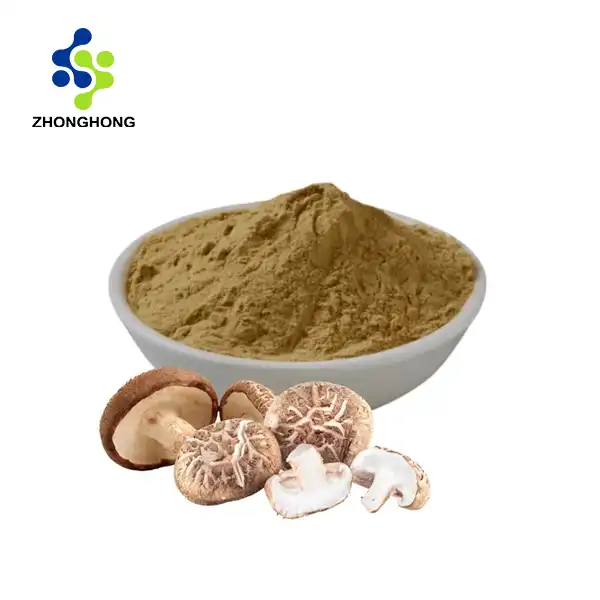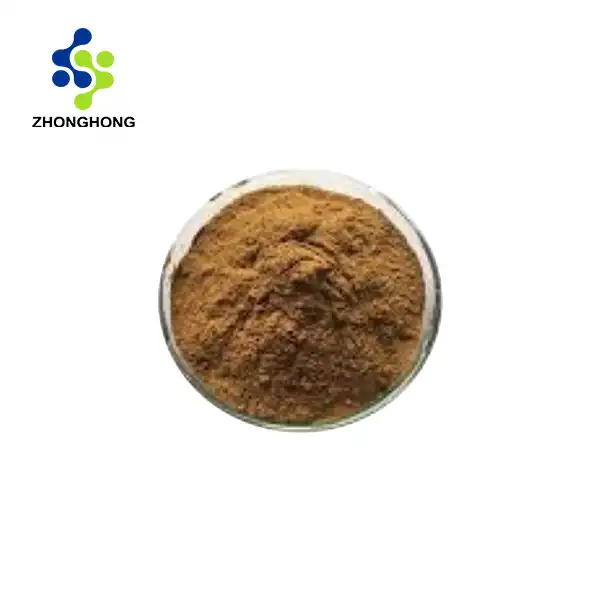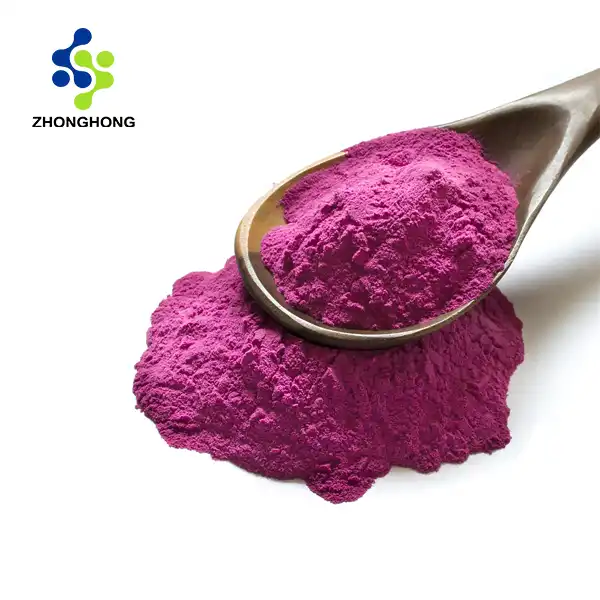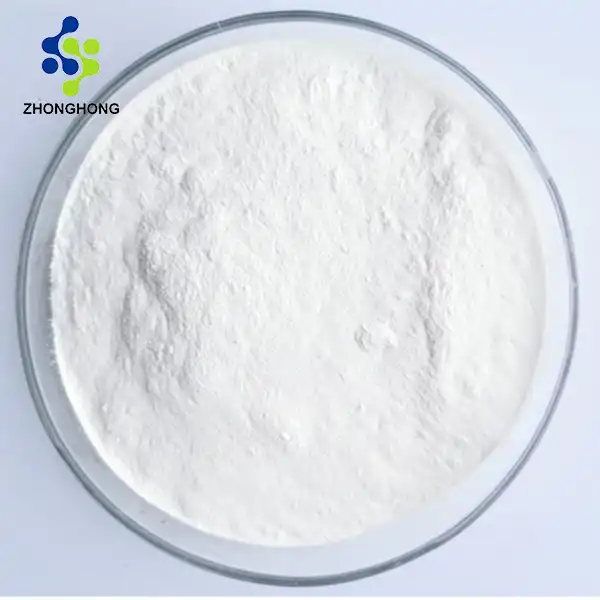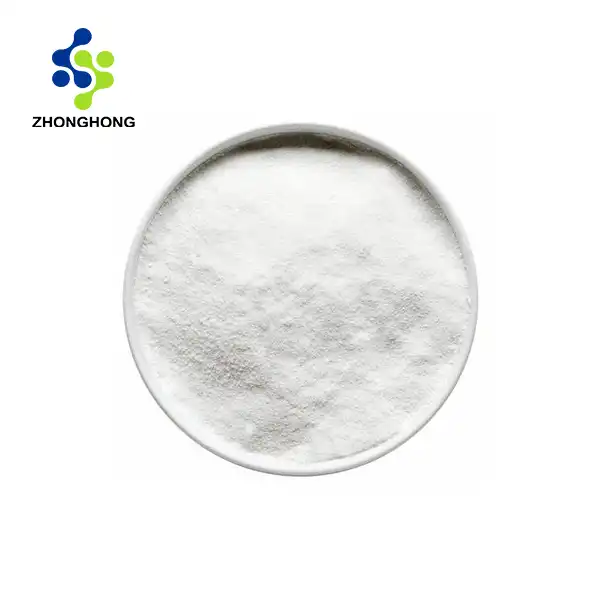What is Bakuchiol and How Does It Work?
Origins and Extraction of Bakuchiol
Bakuchiol is a natural compound derived from the seeds and leaves of the Psoralea corylifolia plant, also known as babchi. This plant has been used in traditional Ayurvedic and Chinese medicine for centuries due to its healing properties. The extraction process involves isolating the active compound from the plant material, resulting in a pure form of bakuchiol that can be incorporated into skincare products.
Chemical Structure and Properties
While bakuchiol is often referred to as a "natural retinol alternative," its chemical structure is quite different from retinol. Bakuchiol is a meroterpene phenol, whereas retinol is a vitamin A derivative. Despite these structural differences, bakuchiol has been shown to activate many of the same cellular pathways as retinol, leading to similar skin benefits.
Mechanism of Action on Skin
Bakuchiol works by stimulating collagen production and accelerating cell turnover, much like retinol. It interacts with specific receptors in the skin cells, triggering a cascade of reactions that lead to improved skin texture, reduced fine lines, and enhanced skin firmness. Additionally, bakuchiol has potent antioxidant properties, helping to protect the skin from environmental stressors and free radical damage.
Top Bakuchiol Benefits for Skin Health
Anti-Aging Effects
Bakuchiol offers impressive anti-aging benefits by stimulating collagen production, which helps to firm the skin and reduce the appearance of fine lines and wrinkles. Unlike retinol, bakuchiol does not cause irritation or dryness, making it ideal for sensitive skin. It enhances skin elasticity, promoting a youthful and smoother appearance over time. Additionally, bakuchiol has antioxidant properties that protect the skin from environmental stressors, preventing premature aging. With consistent use, bakuchiol helps maintain a more youthful complexion, improving the skin’s overall texture and resilience.
Skin Texture Improvement
By encouraging cell turnover, bakuchiol helps exfoliate the skin, revealing fresher, smoother layers beneath. This process not only improves skin texture but also refines enlarged pores and evens out the skin tone. With regular use, bakuchiol can help reduce rough patches and dryness, providing a softer and more radiant complexion. It promotes a balanced, healthy glow, which makes it a great addition to skincare routines for those looking to improve skin texture and achieve a refined, luminous appearance with minimal effort.
Acne and Hyperpigmentation Reduction
Bakuchiol's anti-inflammatory properties make it effective in reducing acne and calming skin redness, helping to minimize breakouts. By regulating sebum production and preventing clogged pores, bakuchiol keeps acne-prone skin clearer. Additionally, its ability to inhibit melanin production helps fade hyperpigmentation, such as dark spots and post-acne marks, leading to a more even skin tone. Whether for acne scars, sun damage, or age spots, bakuchiol offers a gentle yet effective solution for improving overall skin tone and clarity without the irritation associated with other treatments.
How to Add Bakuchiol to Your Skincare Routine?
Choosing the Right Bakuchiol Product
When selecting a bakuchiol product, look for formulations that contain a concentration between 0.5% to 2%. This range has been shown to be effective in clinical studies. Consider products like serums, oils, or moisturizers that allow for easy incorporation into your existing skincare routine. It's also beneficial to choose products that combine bakuchiol with other complementary ingredients such as hyaluronic acid for hydration or niacinamide for additional skin-soothing benefits.
Proper Application Techniques
To maximize the benefits of bakuchiol, apply it to clean, dry skin. If using a serum or oil, apply it after cleansing and toning but before moisturizing. For bakuchiol-infused moisturizers, apply as the last step of your skincare routine. Gently massage the product into your skin using upward motions to ensure even distribution. While bakuchiol is generally well-tolerated, it's always best to start with a lower frequency of use (e.g., every other night) and gradually increase as your skin adjusts.
Combining Bakuchiol with Other Skincare Ingredients
One of the advantages of bakuchiol is its compatibility with other skincare ingredients. It can be safely used alongside vitamin C, hyaluronic acid, and even retinol for those looking to maximize their anti-aging regimen. However, when introducing any new product to your routine, it's important to patch test and introduce new ingredients gradually to avoid potential irritation. For optimal results, consider using bakuchiol in conjunction with a broad-spectrum sunscreen during the day to protect your skin from UV damage.
Conclusion
Bakuchiol offers a powerful, natural alternative to retinol, providing similar anti-aging benefits without the potential side effects. By understanding its properties and incorporating it correctly into your skincare routine, you can harness the full potential of this remarkable ingredient for healthier, more youthful-looking skin. Remember to be consistent with your use and patient with the results, as the benefits of bakuchiol typically become more noticeable over time. If you want to get more information about this product, you can contact us at liaodaohai@gmail.com.
_1728976869676.webp)
